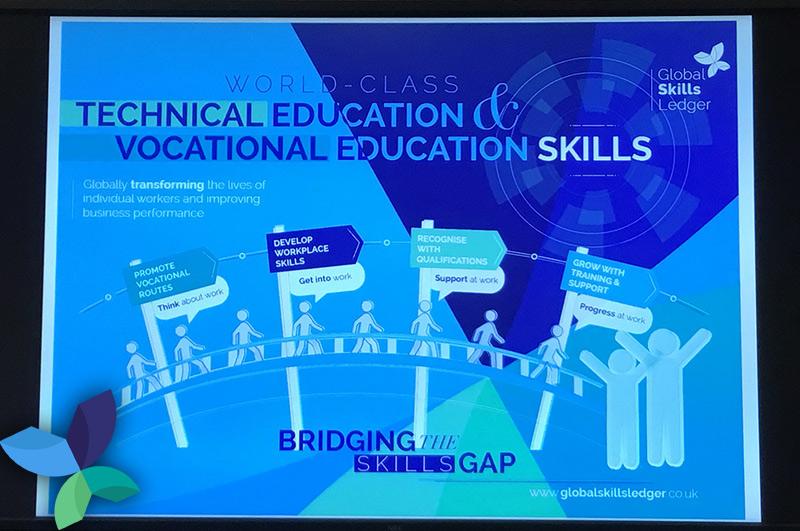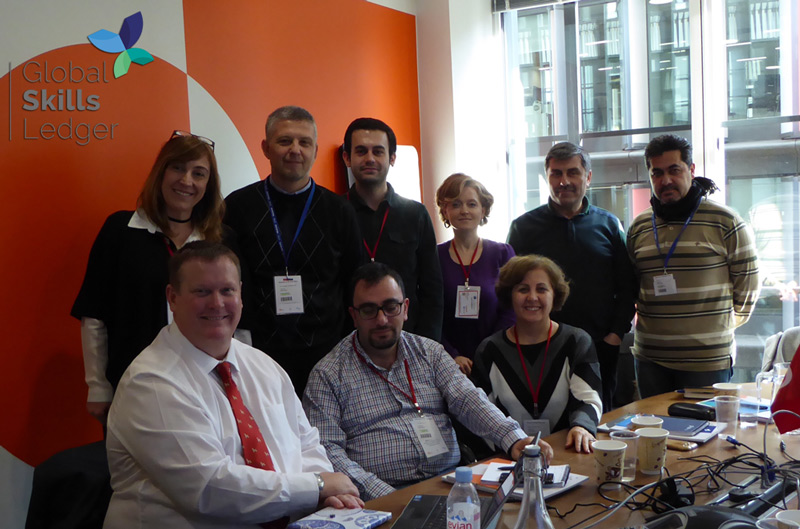Global Skills Ledger Ltd CEO, Jonathan Ledger supported a Turkish Ministry of National Education delegation’s visit to the UK by sharing lessons regarding the building and maintenance of quality in technical education and vocational training (TVET). Cambridge Education has been working in partnership with the Turkish Government on an EU-funded Technical Assistance Project for Promoting Lifelong Learning-II since 20th January 2016.
The overall objective of the project is to contribute to developing human resource capacity by promoting lifelong learning in Turkey. They hope to do this through the development and implementation of coherent and comprehensive strategies, increasing awareness of lifelong learning and increasing participation rate in lifelong learning.
The aim of this study tour was to introduce a Quality Assurance (QA) system in vocational education and training (VET) at all levels. A quality assurance working group has been established with members from Ministry of National Education’s Directorate General for Lifelong Learning and Directorate General for VET. Delegates have been in the UK learning from a wide range of education providers and bodies in both England and Scotland.

Global Skills Ledger World-Class TVET presentation
“Our significant contribution allowed us to showcase the very best TVET practice from across the UK to members of the Turkish Ministry of National Education delegation. The delegates, who were really engaged, gained practical knowledge from our extensive global skills experience. Delegates will now be able to make informed decisions regarding the development of a vocational training model that best suits Turkish skills needs. The group will be making recommendations to the Ministry of National Education that will hopefully enable an increase in government priority and funding to support lifelong learning. It is great to be able to showcase the UK’s TVET system too such a keen group. I look forward to seeing their TVET system blossom.” Explained Jonathan Ledger, CEO, Global Skills Ledger.
Over the past two weeks, the jam-packed schedule covered a wide range of topics, including:
- Management responsibilities of agencies and institutions mandated to maintain the quality of adult education and training services
- Competence-based assessment
- Portfolio methods for gathering evidence of competence
- Internal and external quality assurance processes
- Employer involvement and support for adult education and training
- Sector Skills Councils, and other Skills Agencies’ support for skills development, and the maintenance of occupational standards
- Discussions with work-based assessors, internal verifiers, quality managers and coordinators, current learners.
Contact us for more information about how Global Skills Ledger can support your skills development needs.
